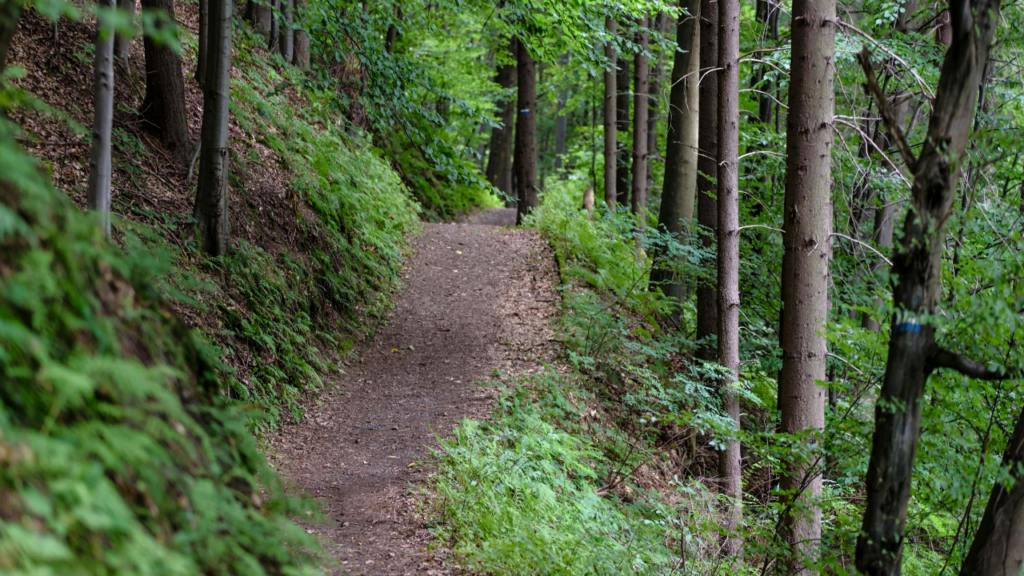Embarking on the journey to recovery is a courageous step toward a healthier, happier life. As you navigate this path, incorporating outdoor activities like hiking can be a powerful tool in your arsenal. The natural beauty of Tennessee offers an ideal backdrop for healing, providing both mental and physical health benefits that are especially valuable for those in recovery.
Mental and Physical Health Benefits of Hiking in Recovery
Hiking isn’t just a physical activity; it’s a holistic experience that engages the mind, body, and spirit. Physically, it strengthens muscles, improves cardiovascular health, and boosts endurance. Mentally, hiking reduces stress, alleviates anxiety, and fosters a sense of accomplishment. For individuals in recovery, these benefits are amplified. Engaging with nature can help redirect focus from cravings, promote mindfulness, and enhance overall well-being.
Exploring Nearby Hiking Trails for All Skill Levels
Tennessee is rich with hiking trails that cater to various skill levels. Here are some local favorites:
- Radnor Lake State Park (Easy): Perfect for beginners, this park offers flat, well-maintained trails around the serene Radnor Lake. The Lake Trail is a 1.3-mile loop that’s ideal for a leisurely walk with opportunities to spot wildlife like deer and herons.
- Percy Warner Park (Moderate): For those seeking a moderate challenge, the Mossy Ridge Trail is a 4.5-mile loop featuring rolling hills and lush forests. The trail provides a peaceful environment that’s conducive to reflection and mindfulness.
- Long Hunter State Park (Easy to Moderate): The Day Loop Trail spans 4 miles along the shores of J. Percy Priest Lake. It’s suitable for beginners who want to push themselves a bit further while enjoying scenic lake views.
- Beaman Park (Moderate to Strenuous): The Henry Hollow Loop is a 2.5-mile trail that offers a more strenuous hike with steep inclines and rugged terrain, perfect for those looking to elevate their physical activity.
Safety Tips for Hiking in Recovery
Safety is paramount, especially when integrating new activities into your recovery plan. Here are some tips:
- Start Slow: Choose trails that match your current fitness level.
- Stay Hydrated: Bring plenty of water to stay hydrated throughout your hike.
- Use the Buddy System: Hike with a friend or a group to enhance safety and add a social element.
- Inform Someone: Let someone know your hiking plans and estimated return time.
- Listen to Your Body: Pay attention to how you feel and rest when needed.
Nature’s Role in Reducing Stress and Cravings
Exposure to nature has been scientifically proven to reduce cortisol levels, the body’s primary stress hormone. The calming effects of natural environments can help diminish the intensity of cravings and provide a healthy distraction. The rhythmic pattern of walking, combined with the sensory experiences of the outdoors, promotes mindfulness and a deeper connection with oneself.

JourneyPure At The River’s Outdoor Integration
At JourneyPure At The River, we recognize the transformative power of nature in the recovery process. Our treatment programs incorporate outdoor activities like hiking, canoeing, and meditation in natural settings. These activities are designed to enhance therapeutic outcomes, promote physical health, and provide clients with healthy coping mechanisms.
Incorporating Hiking into Your Long-Term Recovery Plan
Making hiking a regular part of your routine can reinforce the positive habits established during treatment. Set achievable goals, such as hiking once a week, and gradually increase the difficulty or duration of your hikes. Tracking your progress can provide a sense of accomplishment and motivate you to continue.
Gear Recommendations for Beginning Hikers
Starting off with the right gear can make your hiking experience more enjoyable:
- Footwear: Invest in sturdy hiking shoes or boots with good traction.
- Backpack: A lightweight backpack to carry essentials like water, snacks, and a first-aid kit.
- Clothing: Dress in layers and wear moisture-wicking fabrics.
- Navigation: Carry a map or use a reliable GPS app.
- Safety Items: Include a whistle, flashlight, and multi-tool.
Building Community Through Hiking
Hiking can be a social activity that helps build a sober community. Joining local hiking groups or organizing hikes with fellow recovery peers fosters connections and provides mutual support. These relationships can be instrumental in maintaining long-term sobriety.
Take the Next Step with JourneyPure At The River
Embrace the healing power of nature as a vital component of your recovery journey. At JourneyPure At The River, we’re here to support you every step of the way. Call us today at 629-222-9449 to learn more about our programs and how we can help you achieve lasting recovery.
